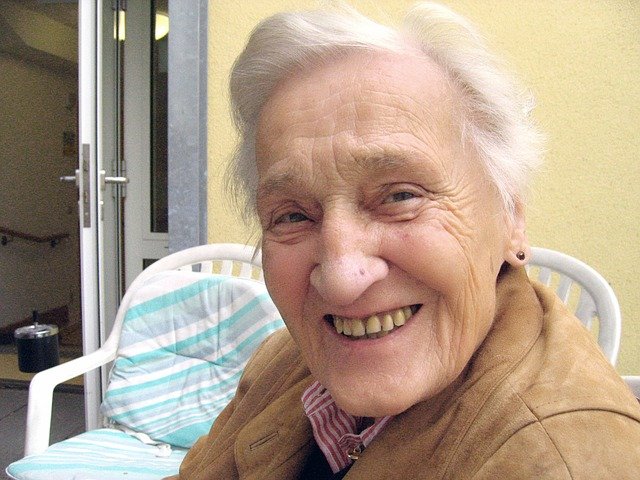New research suggests that a change in a person’s sense of humor could be a sign of dementia. A study conducted at the University College London asked a series of question to the friends and family members of 48 different dementia patients. Most of the respondents stated that the dementia sufferer experienced a change in sense of humor in the years leading up to the diagnosis.
According to the findings, most of the impending dementia sufferers started laughing inappropriately at tragic events. Experts have said that they need to examine the phenomenon further so that they can better determine when a change in sense of humor could be a signal of dementia.
Dementia comes in many different forms, and in this case, a change in sense of humor has been linked to frontotemporal dementia. This type of dementia is said to be quite rare. In frontotemporal dementia, the area of the brain involved with personality and behavior is affected.
People suffering from frontotemporal dementia often become more impulsive, and they tend to struggle with social situations. Dementia patients also often preferred slapstick humor over satirical humor, whereas most people of similar ages without dementia preferred satire.
The study even revealed some potentially grossly offensive situations. One man who later was diagnosed with dementia was said to have laughed hysterically when his wife badly scalded herself.
Other people said that their loved ones went from being very loving to becoming increasingly uninvolved, distant and emotionless. Often, these people can be misdiagnosed as suffering from depression, when really, dementia is the culprit. People suffering from depression can also demonstrate erratic behavior.
Doctors say that if family members notice any unusual changes in behavior in a loved one that they should contact a physician as soon as possible. The best way to curb the effects of dementia is through early recognition. For now, doctors will continue to study dementia and its symptoms so that victims and their loved ones can become better prepared.
Stay Connected